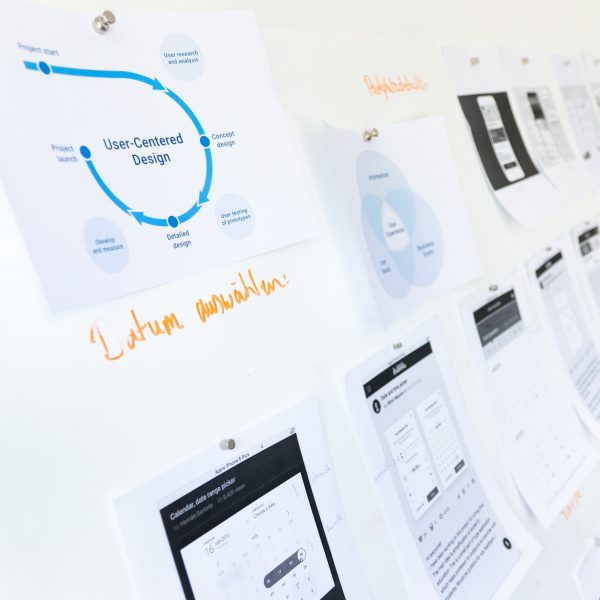PT208 – Managing Quality Planning
PT208 – Managing Quality Planning
This course provides the practical skills to manage the early phases of the product/service lifecycle and work with teams to deploy an integrated project based approach to product/service quality planning and risk management, in order to meet customer and stakeholder requirements.
PT208 – Managing Quality Planning
Practitioner Level
Course duration: 3 Days (Classroom) or 8 weeks by Supported Distance Learning
Recommended prior knowledge: FD107 Introduction to management systems
Who is it for?
This course is designed for those who are practising in quality and aspire towards middle management.
Indicative course content:
Benefits of product and service planning:
- Principles of PDCA
- Relationship between PDCA and product/service planning
- Standards for Quality Planning (ISO 31000, ISO 10005)
Translating customer/stakeholder and other requirements into functional product and service requirements:
- Review of Creating Customer
- Excellence (voice of the customer)
- Understanding how to establish legal, compliance, regulatory, societal and standards-related requirements
- Quality function deployment overview
- Building the House of Quality
Generating the ‘waterfall’ of matrices
Managing projects (overview):
- Key principles and roles
- Project charters
- Milestone planning
- Business case
- Development of timing plans
- Monitoring projects
- Key requirements of ISO 9001:2015 (Sections 8.2 – 8.6) for product/service design and development.
Managing products and services through quality planning phases:
- Overview of Design for Six Sigma project methodology of Define, Measure, Analyse, Design, and Verify
Stage-gate reviews - Checklists
- Design verification
- Product/service validation
Key tools:
- Design Failure Mode and Effects Analysis, control plan, capability
Managing external provider/supplier development - Managing project and product/service risks:
- Risk assessment tools: risk register.
- Risk evaluation tools: risk matrix.
Product/service risk analysis tools:
- Fault Tree Analysis, Design Failure Mode and Effects Analysis, Process Failure Mode and Effects Analysis.
Managing scope. - Budgets and financial planning.
- Risk response techniques.
- Integration into quality planning methodologies and project stages.
This course includes a one-hour multiple choice examination.
This course is certified by CQI and IRCA (the Chartered Quality Institute and the International Register of Certificated Auditors)
Due to changes announced by CQI and IRCA we must make you aware that:
As a registered charity, the CQI is subject to the UK General Data Protection Regulation (UK GDPR), a UK law that gives you certain rights with respect to your personal data that is shared with the Institute.
In order to accurately record the delegates that they are certifying, CQI and IRCA now require that we provide them with your contact details (name, surname and email address).
We have been assured by CQI and IRCA that delegate data will be handled and stored confidentially and securely, and that any marketing communications between CQI and IRCA and you will be limited to the promotion of CQI and IRCA and their qualifications programmes, and that this will be strictly on an opt-in basis.
To exercise your GDPR rights, you must contact the CQI either directly or through Temple Management Training Limited unless you are located in a European Union country when you must contact the CQI’s EU representative – IT Governance Europe Limited at eurep@itgovernance.eu. Please ensure you reference ‘CQI’ in any correspondence you send to their representative.




